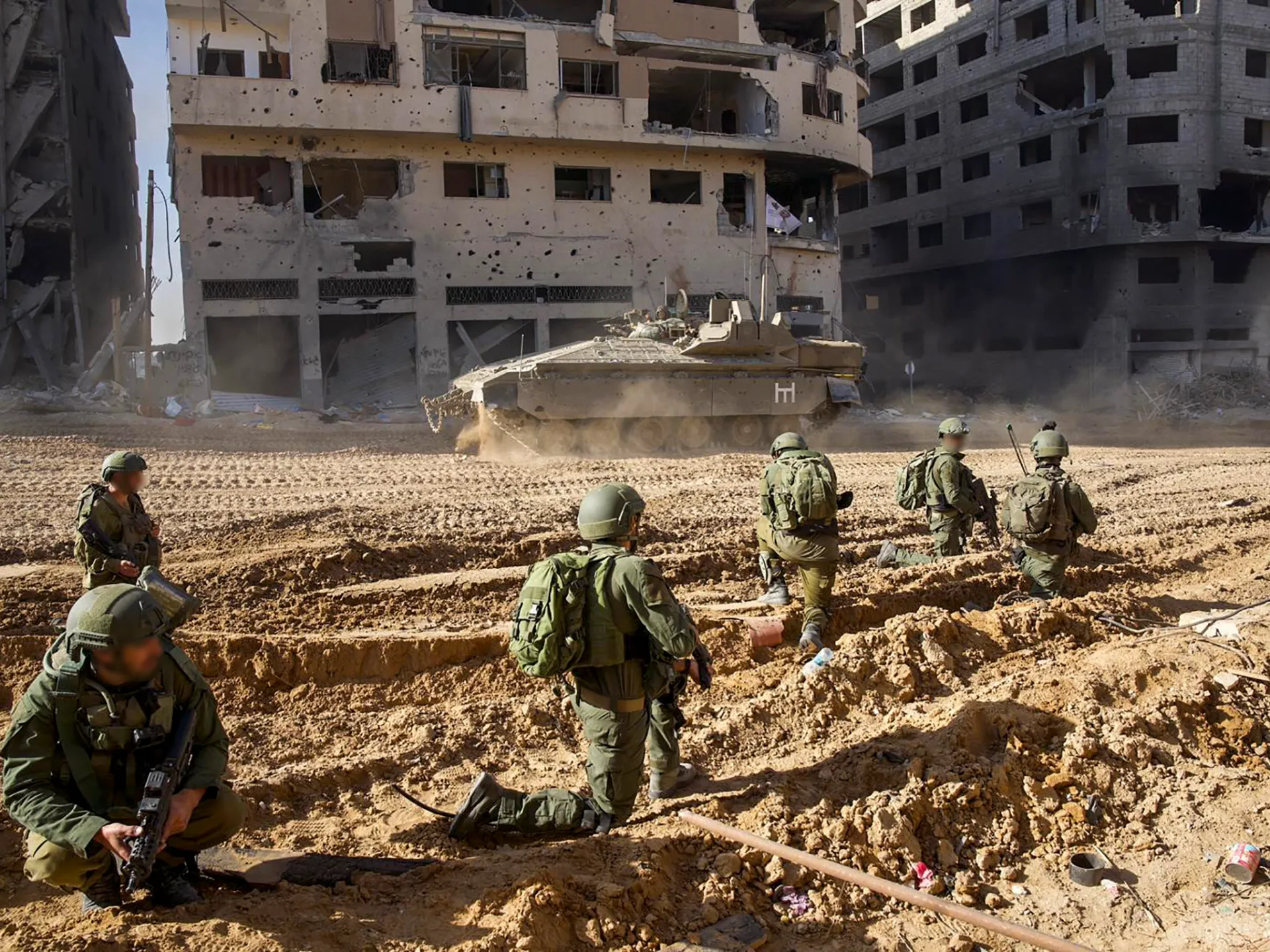As Pakistan readies itself for the 2024 general elections on February 8, a significant achievement is noted with a record-breaking 28,626 nomination papers filed, surpassing previous election figures. The surge in participation is particularly noteworthy for women’s representation in Pakistani politics, with 11% of the nominations being women candidates.
The distribution of nomination papers across the country highlights Punjab as the primary electoral battleground, contributing 48.3% of the submissions, followed by Sindh (22.7%), Khyber Pakhtunkhwa (18.4%), Balochistan (9.3%), and Islamabad (1.3%).
Breaking down the gender distribution, a total of 7,713 nomination papers were submitted for the National Assembly, with 7,242 from male candidates and 471 from female candidates. In the case of provincial assemblies, 18,546 papers were filed, featuring 17,744 from male candidates and 802 from female candidates.
While the numbers indicate progress in women’s participation, a noticeable gender disparity persists, with women comprising only 6.10% of National Assembly candidates and 4.32% in provincial assemblies.
Financially, the electoral race amassed substantial funds, with a total of Rs 6.5 billion deposited by candidates for general and reserved seats. The Election Commission’s fee structure remained intact, with National Assembly candidates contributing Rs 2.3 billion, provincial assembly candidates adding Rs 3,79,20,000, women contenders depositing Rs 1,37,70,000, and minority candidates collectively submitting Rs 1,23,60,000.
In addition to the nomination process, the Election Commission unveiled a list of 175 political parties, accompanied by clear campaign guidelines. Emphasizing a clean and respectful campaign, the rules restrict the size and content of posters and banners, while prohibiting religious content, hoarding, and wall chalking.
As Pakistan’s political landscape intensifies in preparation for the upcoming elections, the diverse candidate pool, featuring both seasoned veterans and newcomers, sets the stage for a dynamic and competitive electoral contest.



